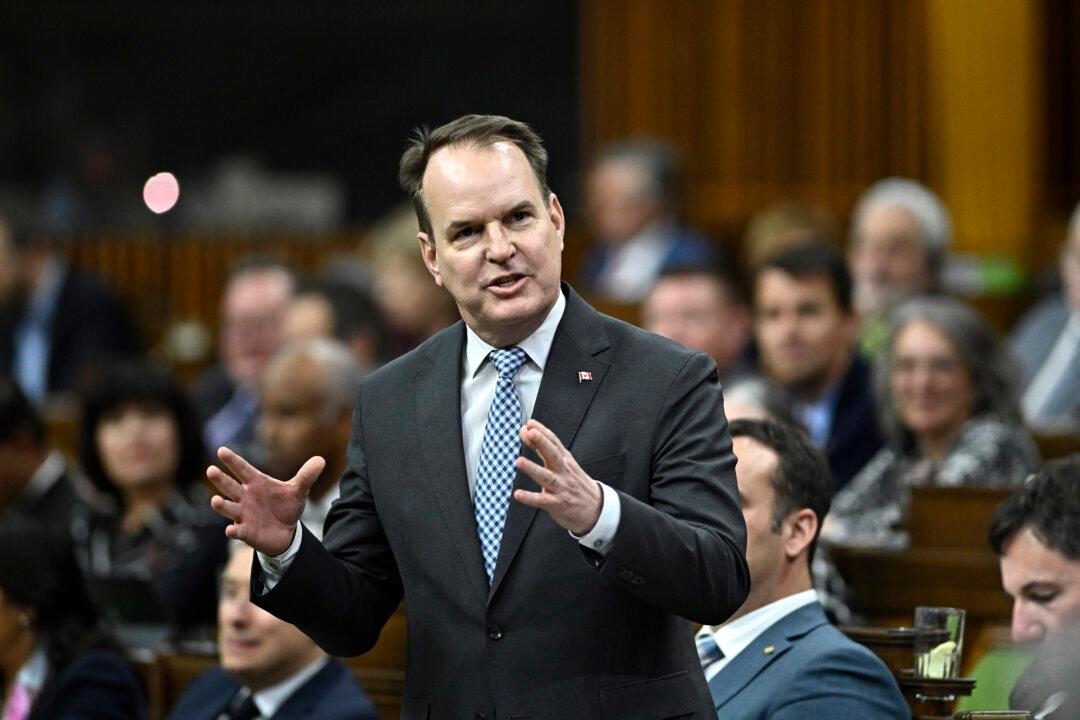Government House Leader Steven MacKinnon says the consumer carbon tax is “absolutely gone” for good, but there is currently no plan to remove the tax by way of legislation.
“There are a lot of laws on the books that either aren’t applied anymore or are simply ignored, maybe even forgotten, but the carbon tax is absolutely gone, and we'll make sure that that’s made very clear to Canadians in due course,” MacKinnon told CTV News in an interview aired on May 25.





